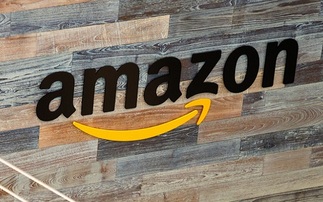Typical consumers will spend £1,000 each online this year, according to the latest forecast
The Interactive Media in Retail Group (IMRG) has released its latest yearly report on online retailing. The publication includes predictions for the year ahead, and a list of key issues that e-trad...
To continue reading this article...
Join Computing
- Unlimited access to real-time news, analysis and opinion from the technology industry
- Receive important and breaking news in our daily newsletter
- Be the first to hear about our events and awards programmes
- Join live member only interviews with IT leaders at the ‘IT Lounge’; your chance to ask your burning tech questions and have them answered
- Access to the Computing Delta hub providing market intelligence and research
- Receive our members-only newsletter with exclusive opinion pieces from senior IT Leaders

















